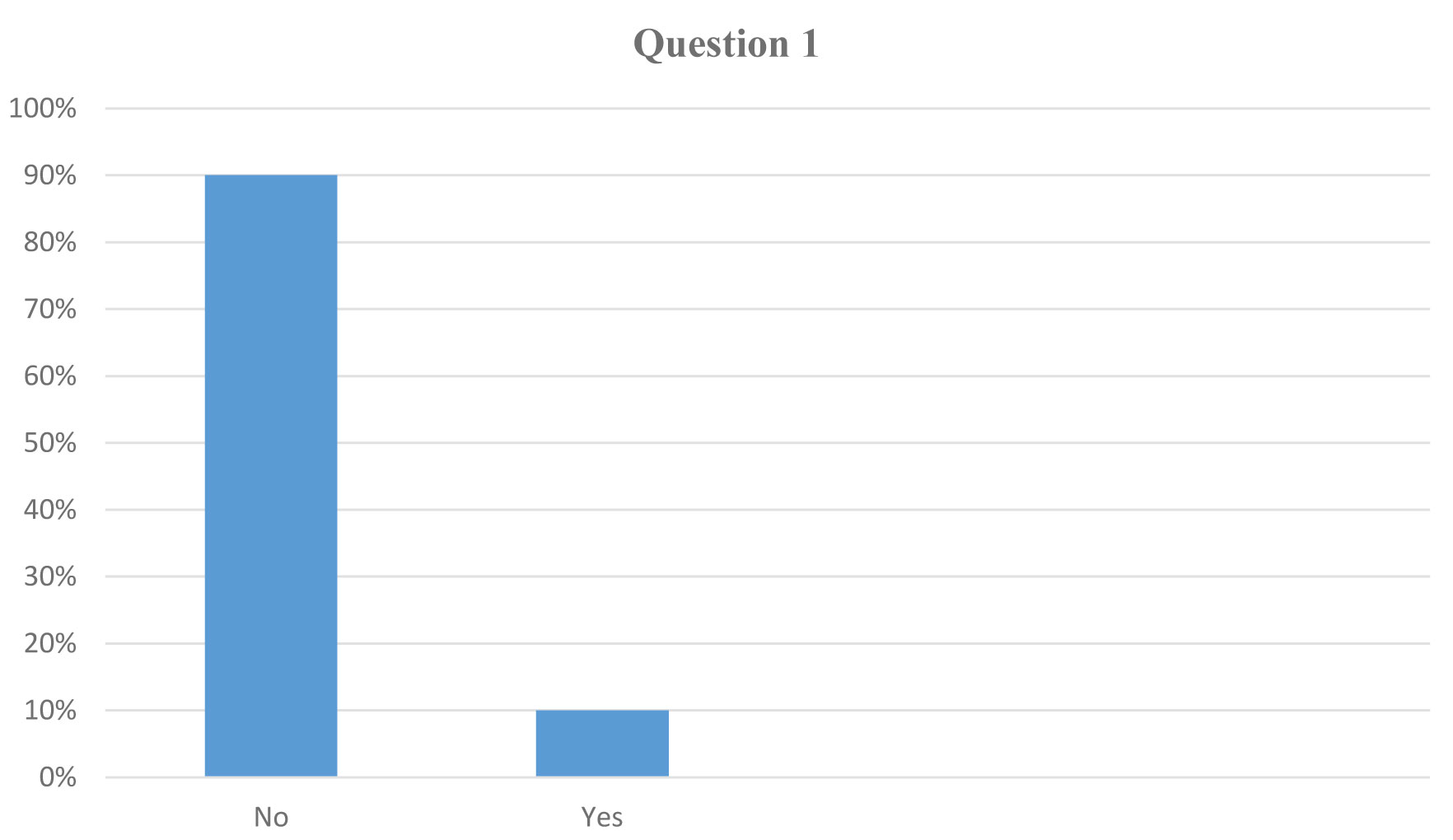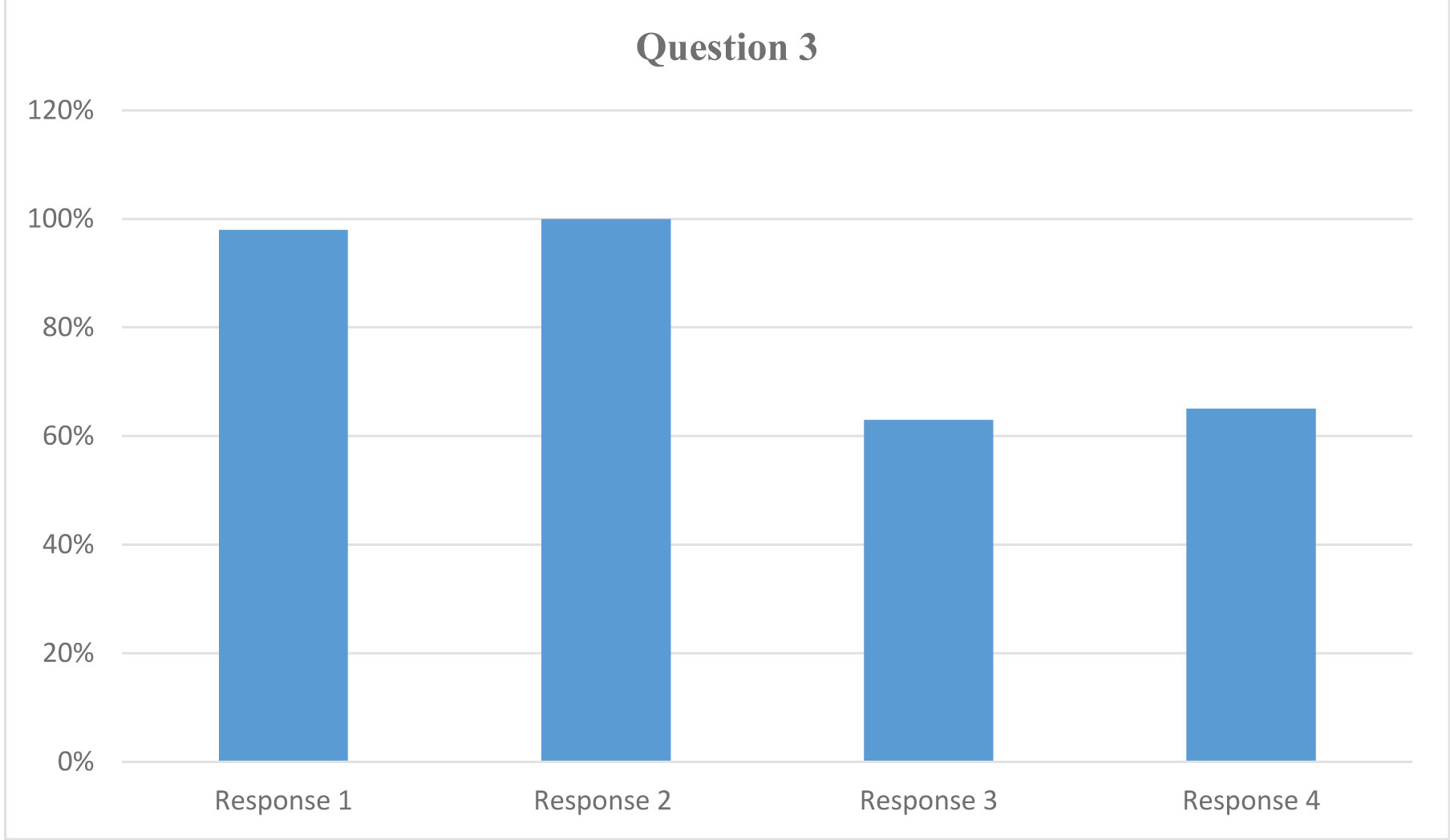Online education resources applied in academic physical education process
Фотографии:
ˑ:
S.I. Bochkareva1
T.V. Buyanova1
T.P. Vysotskaya1
S.P. Golubnichiy1
1Plekhanov Russian University of Economics, Moscow
Keywords: internet, physical education, digital education, online education resource.
Background. In the context of the ongoing globalization process that facilitates the technological progress and exchange the world over, a special priority is given to the modern IT and their increased application in every sector and system as they give the means to speed up and improve virtually every process. The growing digitalization of the national economy has come to the national education sector including the physical education system.
The new Federal State Higher Education Standards (FSHES) set new provisions for the national education service including the following: “Every student shall have an individual unlimited access to a few digital librarian systems (e-libraries) and the relevant institutional online education databases for the whole academic education period” [7]. As required by the valid FSHES, the educational process shall be supported by a high-quality digital content available at user-friendly online education resources and their application shall be persistently expanded with due consideration for the benefits and drawbacks found by the application process analyses.
Objective of the study was to analyze the situation with the online education resource design and application in the academic physical education and sports.
Methods and structure of the study. To poll opinions of the Russian students on the online education resources applicable in the academic physical education and sports, we initiated an online questionnaire survey on the free website www.survio.com. The students (n=100) were offered a list of questions to find their attitudes to the study subject.
Question 1 “Do you actually use the online education resource offered by your university e-library system in the academic physical education process?” was responded negatively by 90% of the sample: see Figure 1. Those who responded positively were to answer the next questions. In Question 2 the respondents were to list benefits of the digital materials in a discretional format, and the dominating responses were grouped up as follows (Figure 2):
(1) The resource is available for learning any time and in any place; it is simple for understanding and user-friendly;
(2) Convenient tool for pre-test learning;
(3) Convenient browsing format; and
(4) No distracting factors (like pop-up windows) in this format.
Question 3 was designed to find the drawbacks of the digital education content, with the dominating responses grouped up as follows (Figure 2):
(1) Internet access is not always guaranteed;
(2) The institutional education website requires a special registration;
(3) The operations are too labour-intensive (scrolls etc.); and
(4) Eyes get tired too fast, and it is hard to keep attention focused.

Figure 1

Figure 2

Figure 3
Study results and discussion. We have performed quite a few studies of the digital education matters in the context of the valid FSHES requirements; and they give us the grounds to believe that the findings of the questionnaire survey to find the students’ opinions on the online education resources are interesting enough as these resources are still underused in the academic physical education process. We made an attempt to address this problem by an education textbook which printed version has been applied in the academic curricula for the last few years, plus an online education resource ‘Physical Education’ offered by CourseLab and 1С software tools. It may be pertinent to mention that online education resource (OER) is interpreted by the modern education science as the education curriculum accessibly only via the relevant electronic systems and therefore different from traditional printed materials only in the text and illustrations presenting medium, i.e. a computer screen. As provided by T.F. Borodina, “OER offers an all-round toolkit for the learning process with due provisions for every educational process component. Such a resource not only provides the necessary data but also facilitates its practical application (in the practice sessions) with the academic progress tests i.e. the individual learning accomplishment rating in the educational process” [2].
Conclusion
- One of the special benefits of modern OER is its user-friendliness and accessibility for every educational establishment, with the education data readily accessible upon registration on the official website. It should be noted that a totally free access to the OER is presently fraught with certain problems – for example, the freely accessible material may be easily falsified by the relevant software tools that allow the data being edited to produce fake versions violating the copyright, with such fake versions spoiling the web with the non-authentic pirated content;
- The OER interactivity largely depends on the software applied by the relevant educational establishment. On the one hand, the modern multimedia data presentation formats combining the video and audio materials have their great advantages for the educational process efficiency; but on the other hand such multimedia toolkits claim too much time, finance and high-skilled human resource for its development and operation;
- As reported by the trainees having sufficient practical experience, the resources need to be filled up and updated by the high-quality video education materials including special sets of physical exercises to build up the profession-specific physical fitness; and effective rest-break practices customizable to actual office conditions and job specifics. Such products are expected to be in high demand by the individual professionals and corporate entities sensitive to their personnel’s health improvement matters.
References
- Andryushchenko L.B., Sedykh N.V., Shekhanin V.I. Proektirovanie distantsionnogo obucheniya v uchebny protsess po distsipline «Fizicheskaya kultura» v vuze [Design of distance learning for Physical Education discipline educational process in university]. Vestnik Samarskogo gosudarstvennogo ekonomicheskogo universiteta, 2006, no. 1, p. 239.
- Borodina T.F. Primenenie elektronnykh obrazovatelnykh resursov v obrazovatelnom protsesse vuza i opredelenie ikh effektivnosti [Application of online educational resources in academic educational process and their efficiency rating]. Molodoy ucheny, 2014, no. 13, pp. 241-243.
- Bochkareva S.I. Sovremenny vzglyad na prepodavanie distsipliny «Fizicheskaya kultura» v vuze [Modern view of teaching Physical Education discipline in university]. Sb. tr. nauch.-prakt. konf. 'Nauka i obrazovanie: sokhranyaya proshloe, sozdaem buduschee' [Proc. res.-practical conf. 'Science and education: preserving the past, creating the future']. Penza: Nauka i Prosveschenie (IP Gulyaev G.Yu.) publ., 2017, pp. 182-184.
- Bochkareva S.I., Vysotskaya T.P., Kopylova N.E. et al Fizicheskaya kultura. Ucheb. posobie dlya bakalavrov [Physical Education. Bachelors' study guide]. Moscow: Plekhanov RUE publ., 2017, 236 p.
- Buyanova T.V., Vysotskaya T.P., Kopylova N.E. Elektronnye uchebnye posobiya kak sredstva aktivizatsii zanimayuschikhsya v protsesse fizicheskogo vospitaniya [Online teaching aids to enhance trainees in physical education process]. Sb. tr. VI Mezhdunar. nauch.-prakt. konf. ' Nauka i obrazovanie' [Proc. VI Intern. res-practical conf. 'Science and Education']. Moscow: Pero publ., 2016, pp. 59-62.
- Smolnikova I.A. Razrabotka EOR i ikh primenenie v obrazovatelnom protsesse [Development of online learning resources and their application in educational process]. Online electronic journal «Voprosy Internet-obrazovaniya».
- Available at: http://vio.uchim.info/Vio_99/cd_site/articles/art_1_4.htm (data obrascheniya: 05.05.2017).
- Federalny gosudarstvenny obrazovatelny standart vysshego obrazovaniya po napravleniyu podgotovki 38.03.02. Menedzhment (uroven bakalavriata), utverzhden Prikazom Ministerstva obrazovaniya i nauki Rossiyskoy Federatsii ot 12 yanvarya 2016 g. no. 7 [Federal state educational standard of higher education in the major 38.03.02. Management (Bachelor's level), approved by the Order of MES of the Russian Federation, January 12, 2016 no. 7].
Corresponding author: Bochkareva.SI@rea.ru
Abstract
Modern computer technologies have widely expended the learning opportunities due to the growing accessibility of the relevant online education resources. However, the educational system is still in need of formal methodologies for the computer technologies to be effectively applied in the academic physical education and sport process. Objective of the study was to analyze the situation with the online education resource design and application in the academic physical education and sports. To poll opinions of the Russian students on the online education resources applicable in the academic physical education and sports, we initiated an online questionnaire survey on the free website www.survio.com. The students were offered a list of questions to find their attitudes to the study subject. The study data and analysis showed the need for the high-quality videos to support professional applied physical training programs including sets of effective rest-break practices customizable to actual office conditions and job specifics. Such products are expected to be in high demand by the individual professionals and corporate entities sensitive to their personnel’s health improvement matters.




